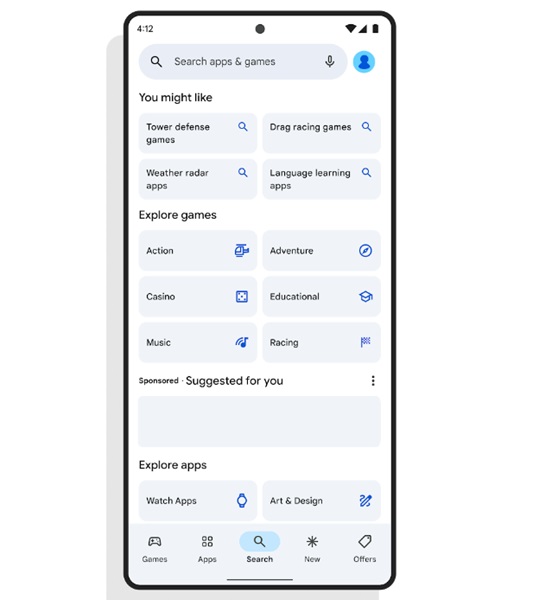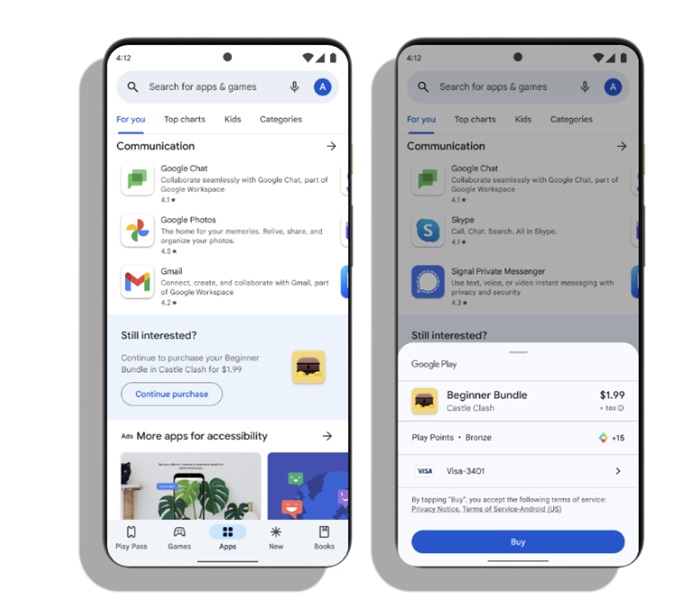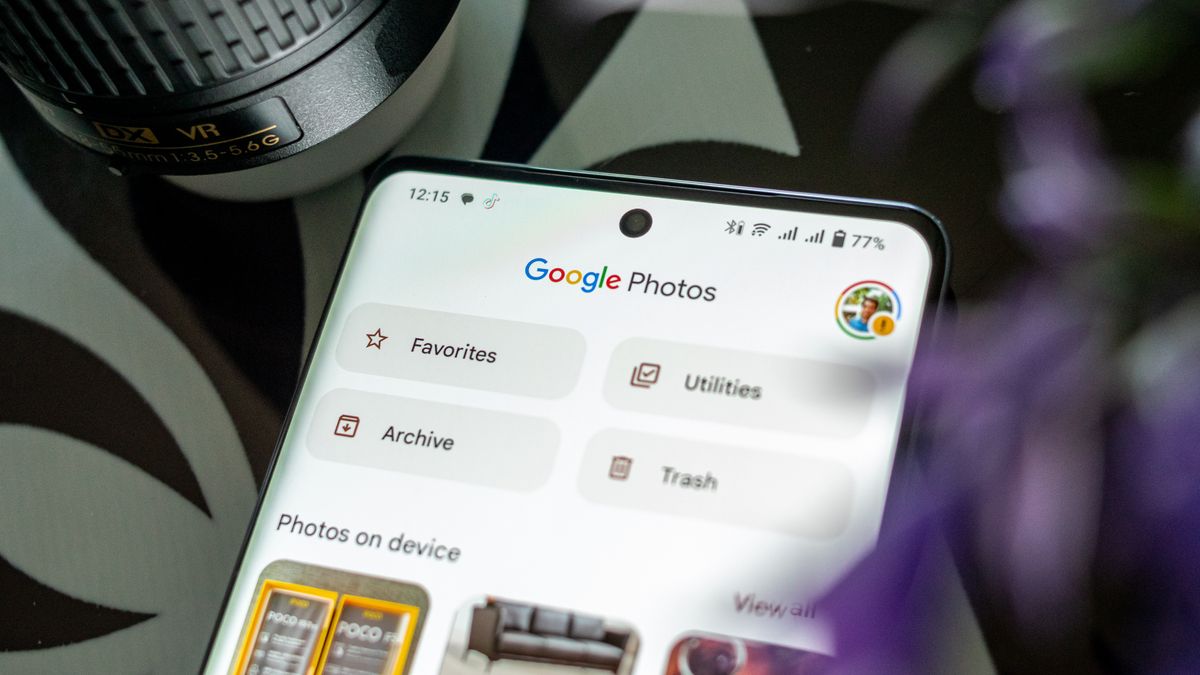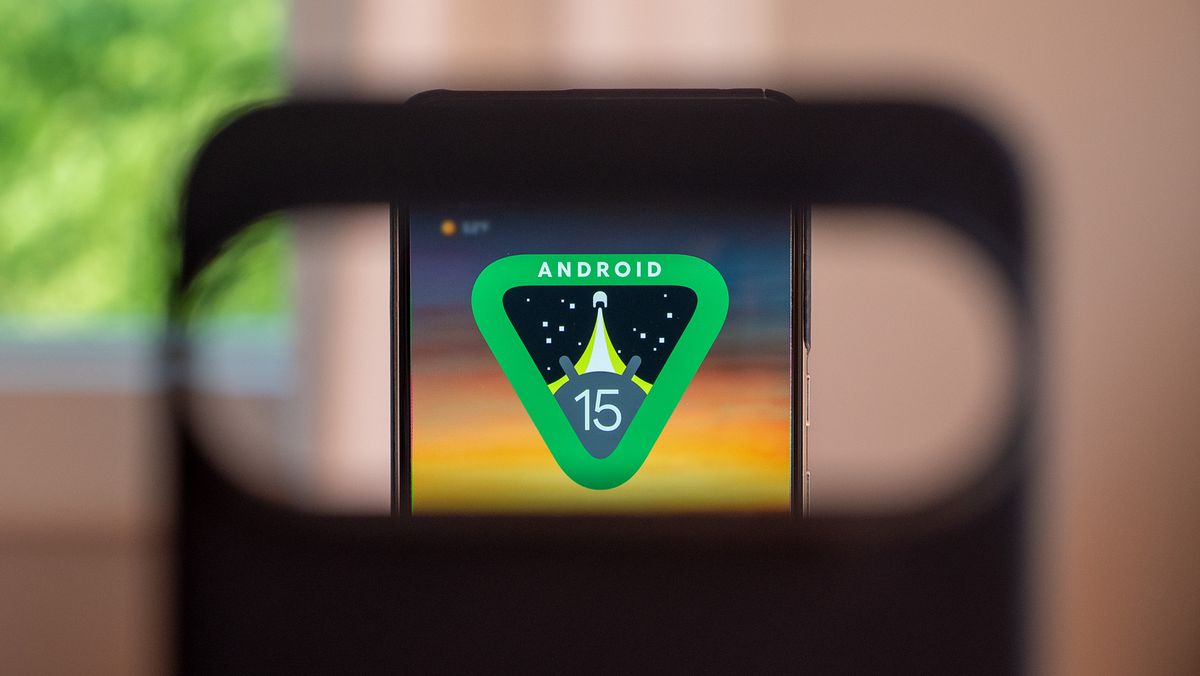Google highlights an earlier Android 16 in Q2 2025 and more for Gemini
What you need to know
- Google teases a much earlier Android 16 launch as a post states developers should look out for a “major” SDK release in Q2 2025.
- Google highlighted several new experiences for its Play Store that users can find like biometric payment authentication and more.
- Gemini in Android Studio picks up several updates to help app developers code their content quicker and find information regarding bugs/crashes.
Google detailed a series of Android SDK updates, including more for its Play Store and Gemini.
Google’s updates kicked off by highlighting the future of its Android SDK. In a blog post, the company states it will bring “more frequent” SDK releases, beginning in 2025. Google states it will have a “major” release in Q2 that contains “behavior changes” for apps. This seems to be Android 16 as Google states developers should keep their eyes out for more information regarding its first preview. The company states app developers can prepare for the major Q2 2025 release by conducting the “annual compatibility testing” a few months sooner.
The minor SDK release in Q4 2025 will contain feature updates, optimizations, and bug fixes to clean up any issues with the intended major Q2 launch.
Q1 and Q3 2025 will be minor, offering “feature only” updates to developers, per Google’s set timeline.
Gemini in Android Studio Updates
Following the debut of “Gemini in Android Studio” in April, Google’s latest updates today (Oct 31) bring several more capabilities to the AI model. The company is pushing the boundaries of its AI by boosting its coding capabilities, allowing it to edit your work by “implementing common design patterns.” Several of Gemini’s new code editing features include the ability to “modify and refractor” code based on custom prompts.
A commit message generation feature lets the AI analyze your changes and propose its own set of alterations. “Rethink and rename” lets Gemini generate names for your coding classes, methods, and variables. “Prompt Library” enables the AI to “automatically” save and manage a user’s most frequently used prompts for easy recall. Users can also generate documentation for a select chunk of code by right-clicking.
In the Android Studio, Gemini can now auto-generate “composable” previews and simplify the visualization process for your intended UI. Moreover, “coming soon,” Google says Gemini in Android Studio will support image attachments.
As Gemini in Android Studio picks up a Ladybug feature drop, developers can weed out bugs quicker and (hopefully) see fewer crashes. Additional features include test scenarios using local code context, build/sync error insights, and app quality insights for suggested crash fixes.
The latest updates to the Android Studio can be downloaded via the Canary channel.
Play Store Updates
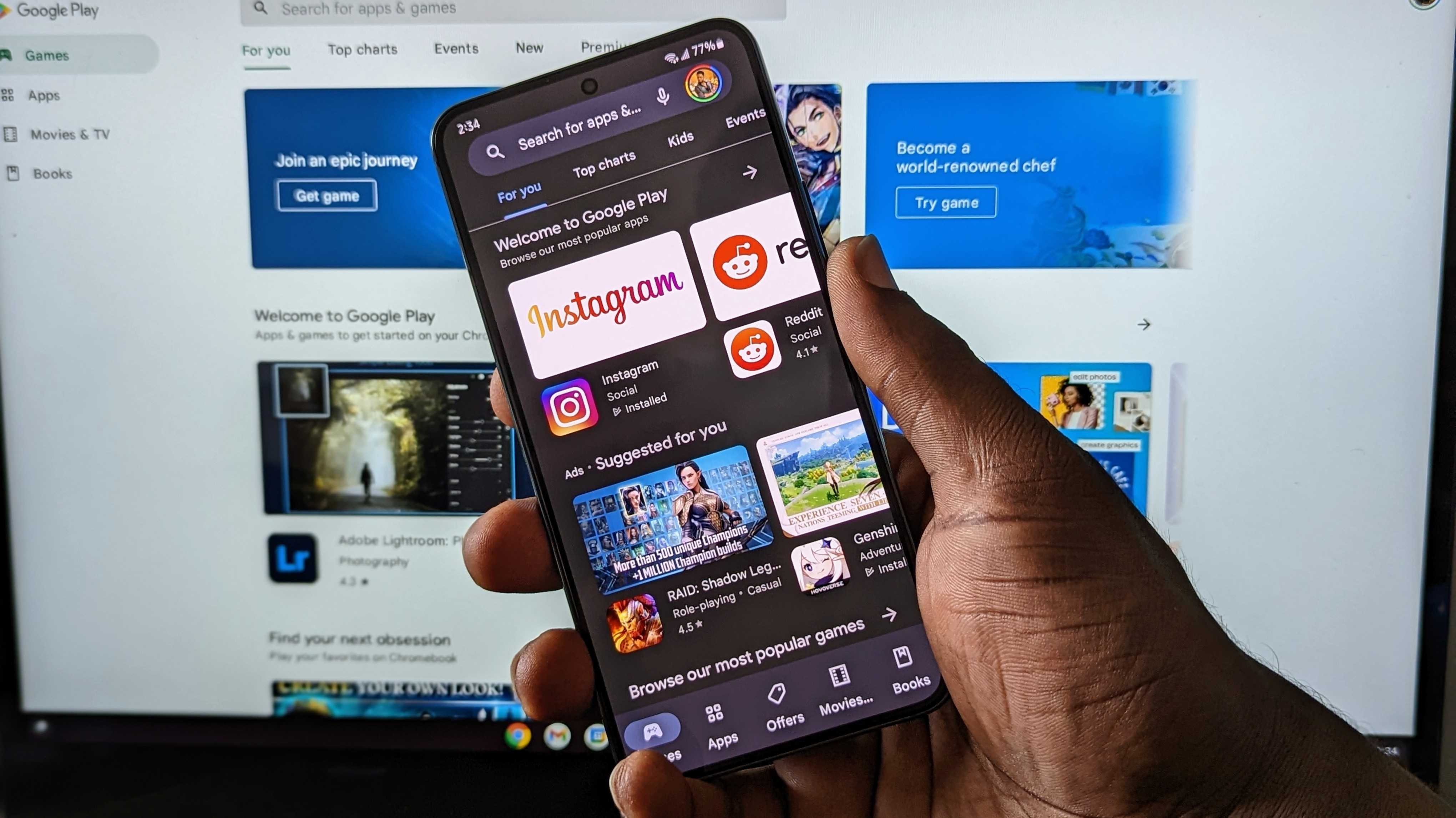
In a separate blog post, the company states it’s changing how apps are displayed on its store. These new formats include a full-screen mode for portrait videos in an app store listing. Google states a more “prominent” install button should now be visible to users.
Google highlights the Play Store’s “personalized” query recommendations. According to the post, users can find these recommended search queries via the “Search Home.” This is available for English with support for additional languages set to arrive “soon this year.”
Google’s “interest picker” arrived to help the Play Store understand where your interests are for accurate recommendations. The company rolled out a similar tool for games in July.
The post adds that the Play Store delivers a more robust security system when purchasing content. The company says users can now choose “on-device biometrics” when purchasing an app. This includes deciding between using your fingerprint or face to authenticate a purchase instead of inputting your account’s password.
The final two updates for the Play Store involve boosting revenue for developers and their apps alongside Play Integrity API upgrades. Concerning the former, Google states that it has “proactively” encouraged users to assign a payment method on the Play Store and within the Android OS. This has reportedly “doubled the number of purchases” in 2024 and provided a nearly 3% increase in conversion rate.
Payment options have continued to expand as users find options like Paypal, Cash App, direct carrier billing, and more. Additionally, Google highlights its Play Store algorithm for pushing what content users might buy as additional content for their favorite apps.
Google also highlighted its “gentle nudge,” an alert that reminds users of an item they’ve forgotten in their cart.
Google states, “in the coming months,” developers can opt into improved Play Integrity API verdicts to bolster their app’s defenses. What’s more, Google’s “app access risk” feature has exited beta. Developers can now “detect and respond” to apps that capture a user’s screen or control their device to avoid security disasters.

